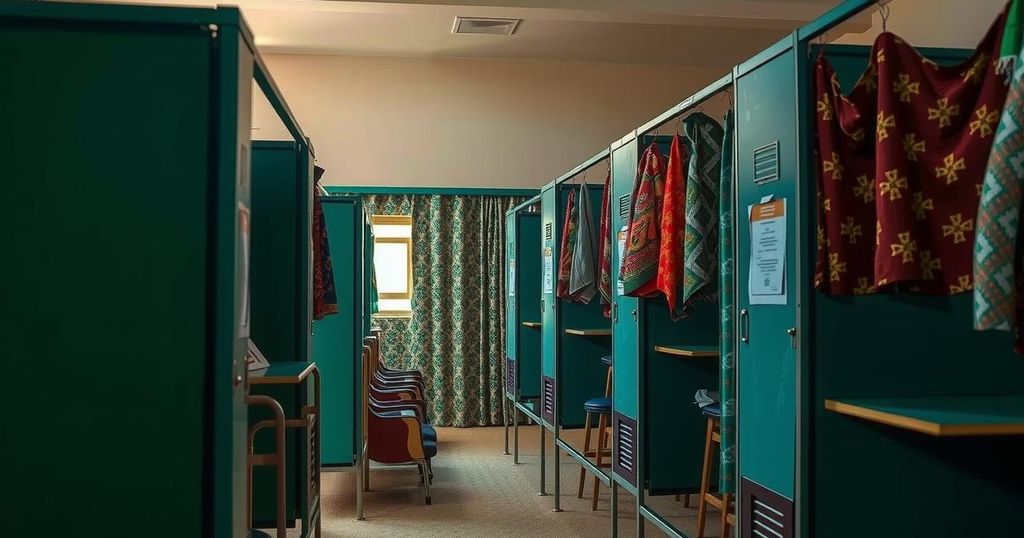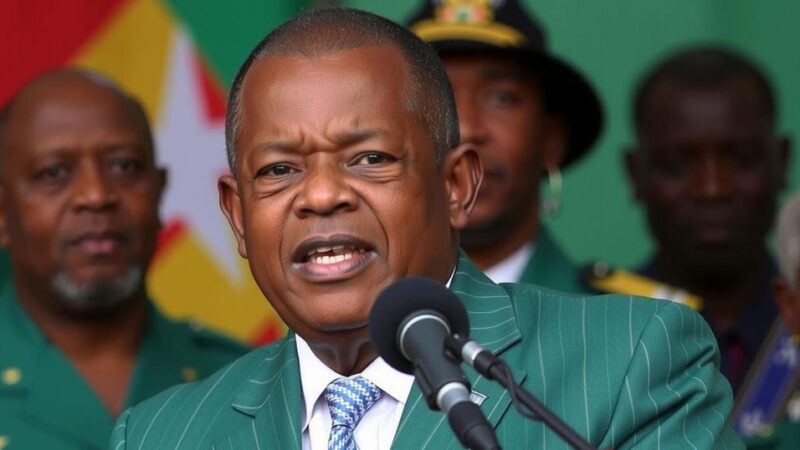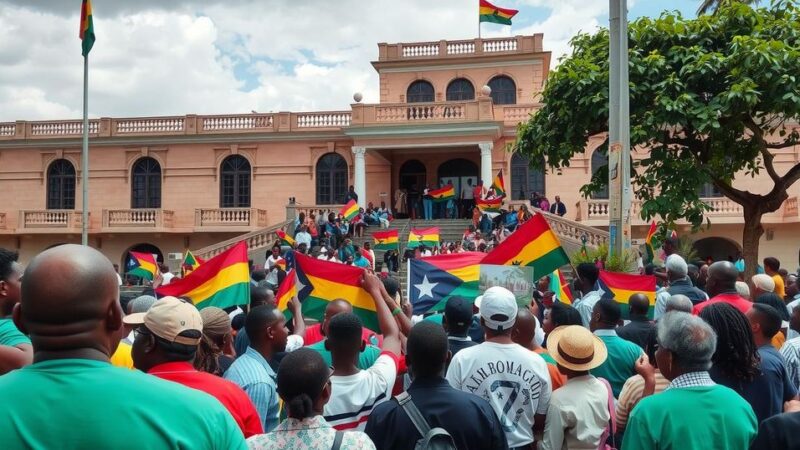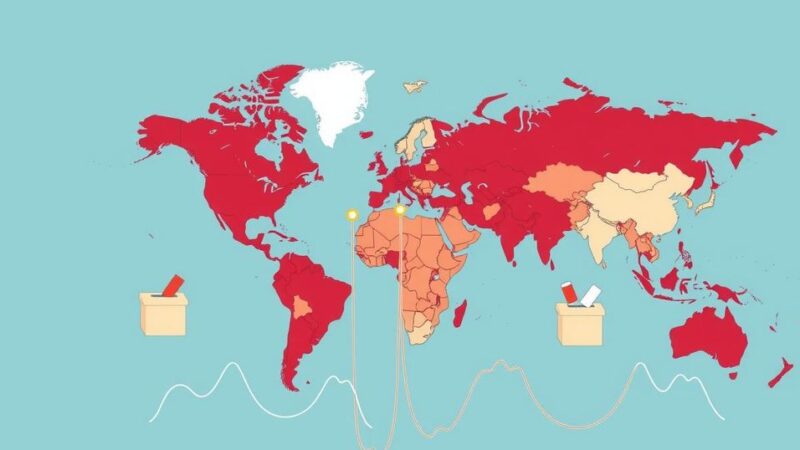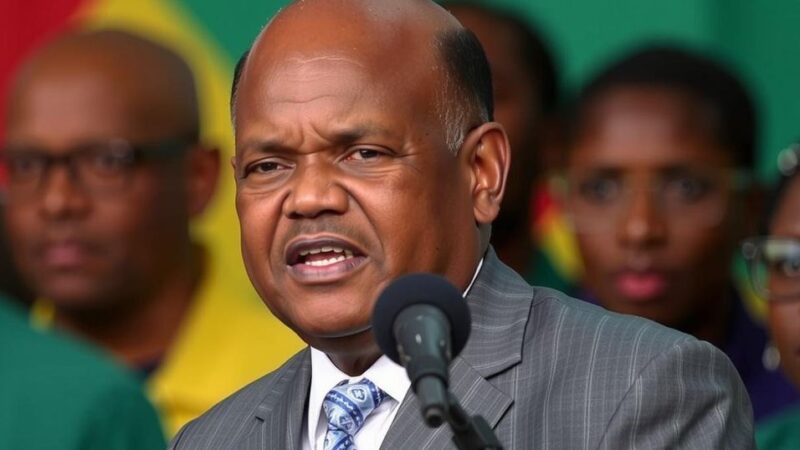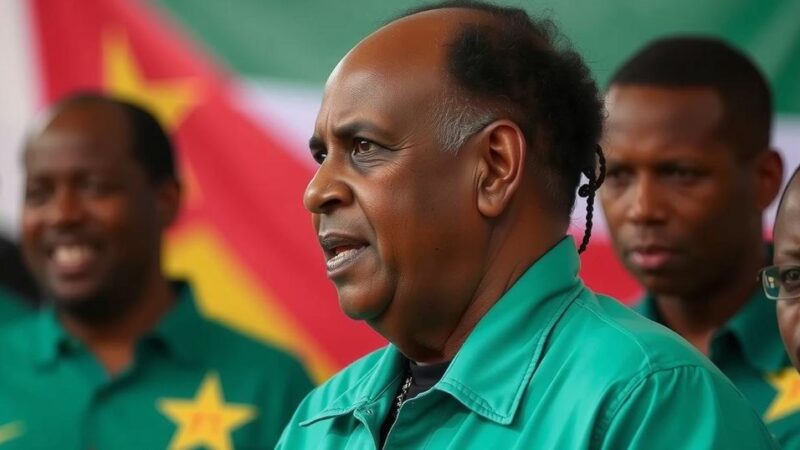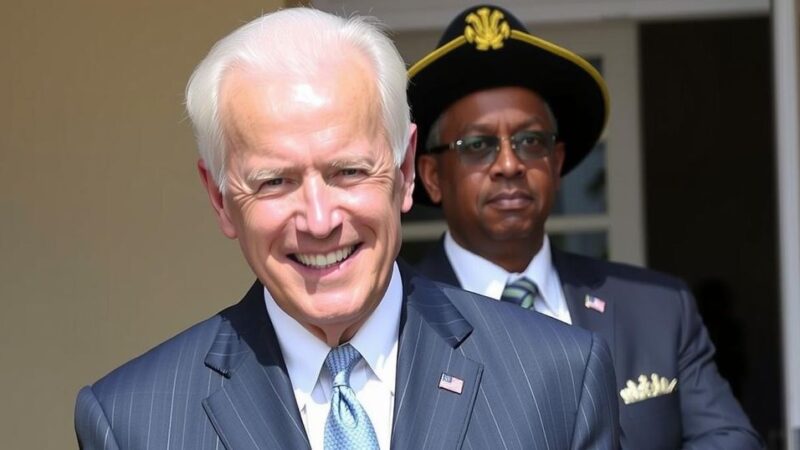Senegal’s parliamentary elections on Sunday are crucial for President Faye to secure a majority in the assembly, enabling him to implement his promised reforms. Voter turnout exceeds 7 million, with Faye’s party currently without a majority. The political campaign has witnessed clashes, reflecting the tensions within Senegalese society as they navigate economic hardships and seek political transformation.
On Sunday, Senegal commenced its parliamentary election to establish whether President Bassirou Diomaye Faye can proceed with transformative reforms promised during his campaign. Over 7 million registered voters are tasked with electing 165 members of the national assembly where Faye’s party currently lacks a majority. Elected in March on an anti-establishment platform, President Faye attributes his inability to fulfill campaign promises, such as enhancing transparency and revising foreign fishing permits, to opposition control of the parliament. Following the dissolution of the opposition-led parliament in September, Faye faces challengers from the Takku Wallu opposition coalition, spearheaded by former President Macky Sall, as well as numerous other registered parties. Polling will continue until 6 p.m. (1800 GMT), with preliminary outcomes expected the following morning, though final results are anticipated later in the week. Faye’s political party, PASTEF, requires a minimum of 83 seats to gain a parliamentary majority, with analysts suggesting a favorable chance of achieving this based on recent electoral support. Protests and social unrest characterized the election campaign, underpinned by a broader discontent among Senegal’s youth, who constitute over 60% of the country’s population and grapple with high inflation and limited economic opportunities. Furthermore, rising tensions were noted during the campaign, leading to violence among party supporters. Ousmane Sonko, the prime minister and key supporter of President Faye, condemned the attacks on their political faction stating, “May each patriot they have attacked and injured be proportionally avenged. We will exercise our legitimate right to respond.” The context for this election highlights Senegal’s struggle in maintaining its status as a stable democracy in a region experiencing significant political turmoil. The recent release of both President Faye and Prime Minister Sonko from prison prior to the election follows a period marked by protests over alleged political repression and fears concerning outgoing President Sall’s intentions to extend his rule. This electoral process will be critical in shaping Senegal’s political landscape and determining the feasibility of the reforms that the current president wishes to implement.
Senegal is facing significant political transitions with the recent election of President Bassirou Diomaye Faye, who was elected on a reform agenda amid widespread youth frustration over economic challenges, including high inflation and limited job opportunities. Faye’s anti-establishment platform resonated particularly with younger voters, as more than 60% of Senegal’s population is under 25 years old. The parliamentary elections, precipitated by the dissolution of an opposition-led parliament, will be a critical test of Faye’s ability to govern effectively and implement his promised reforms. The political environment leading up to the elections has been charged with violence and protests from opposition supporters, creating a volatile landscape as the country grapples with both social and political issues.
In conclusion, the parliamentary elections in Senegal represent a pivotal moment for President Faye and his reform agenda. The outcome will determine if he acquires the necessary parliamentary majority to implement initiatives aimed at addressing corruption and enhancing resource distribution to benefit the population. Amidst an environment of youth dissatisfaction and political unrest, the election results will significantly influence Senegal’s political stability and facilitate the continuation of democratic practices within the country.
Original Source: apnews.com

